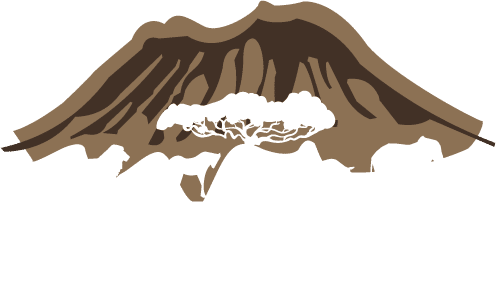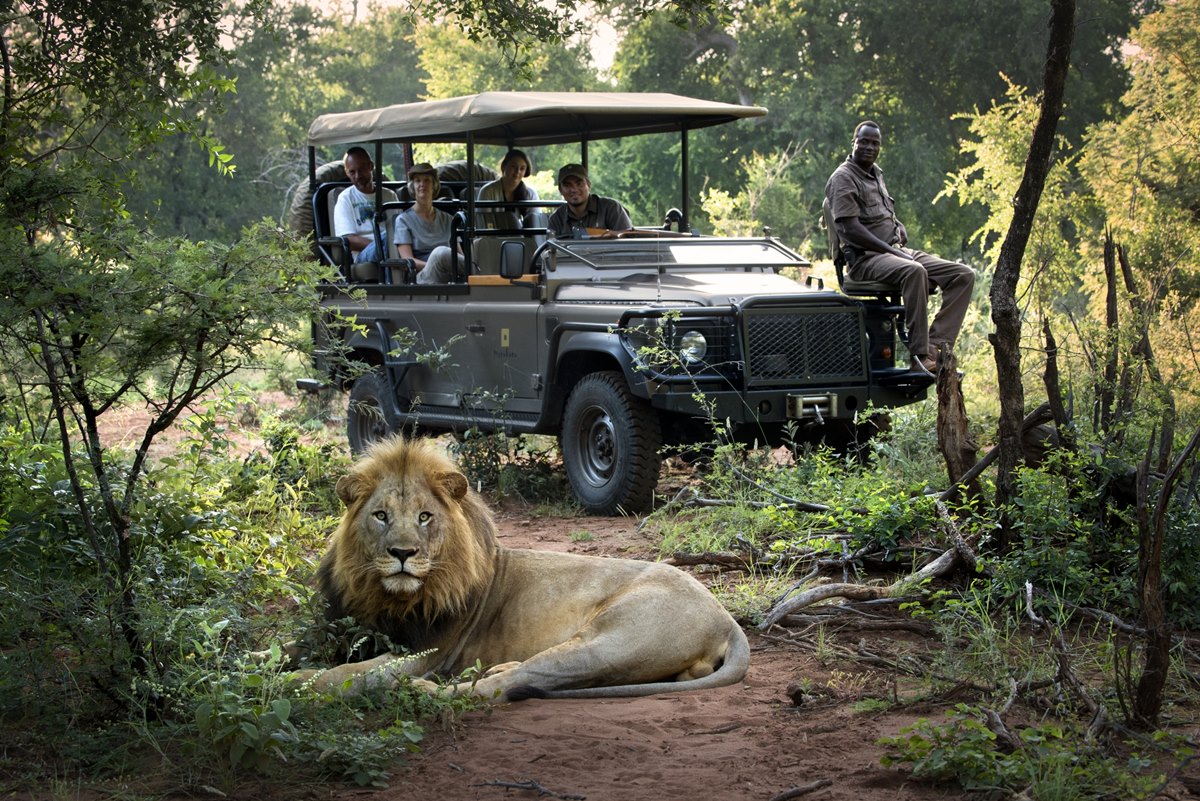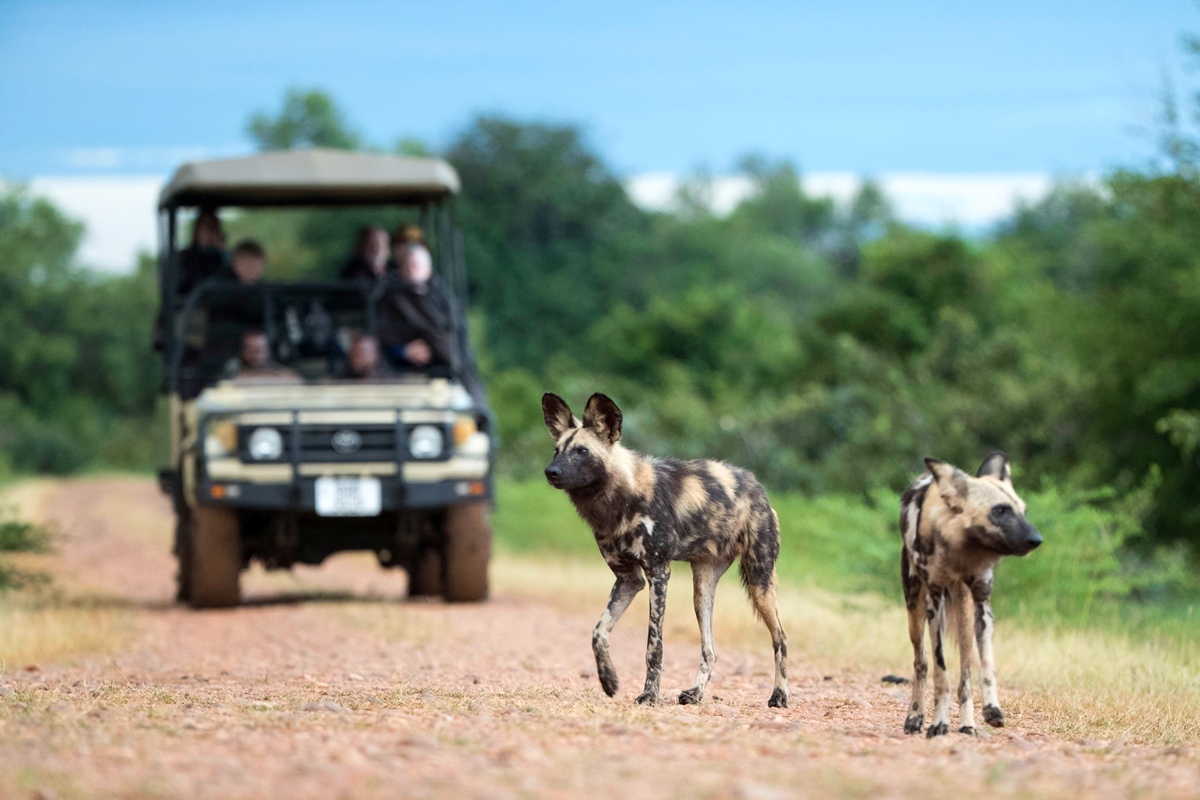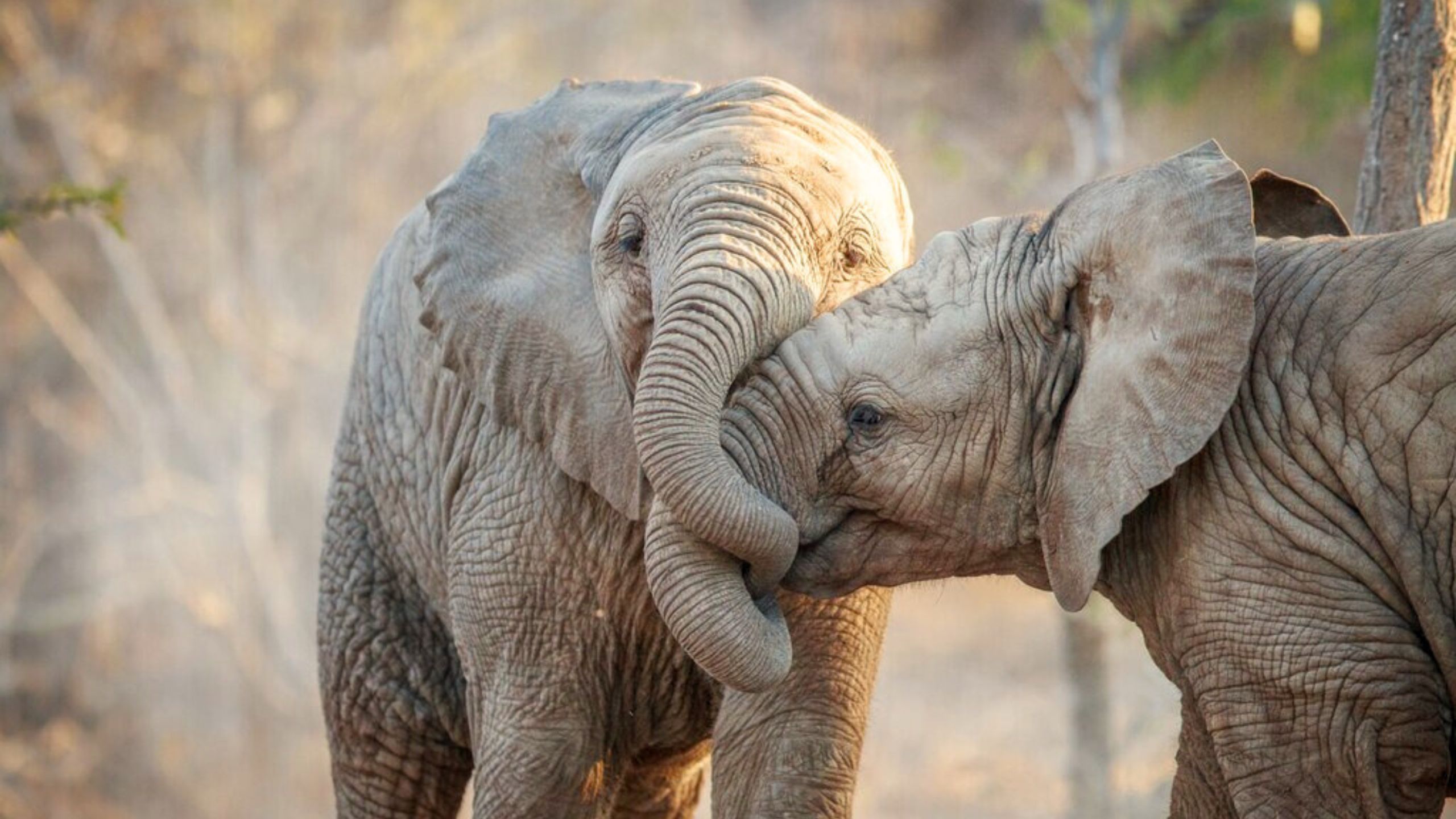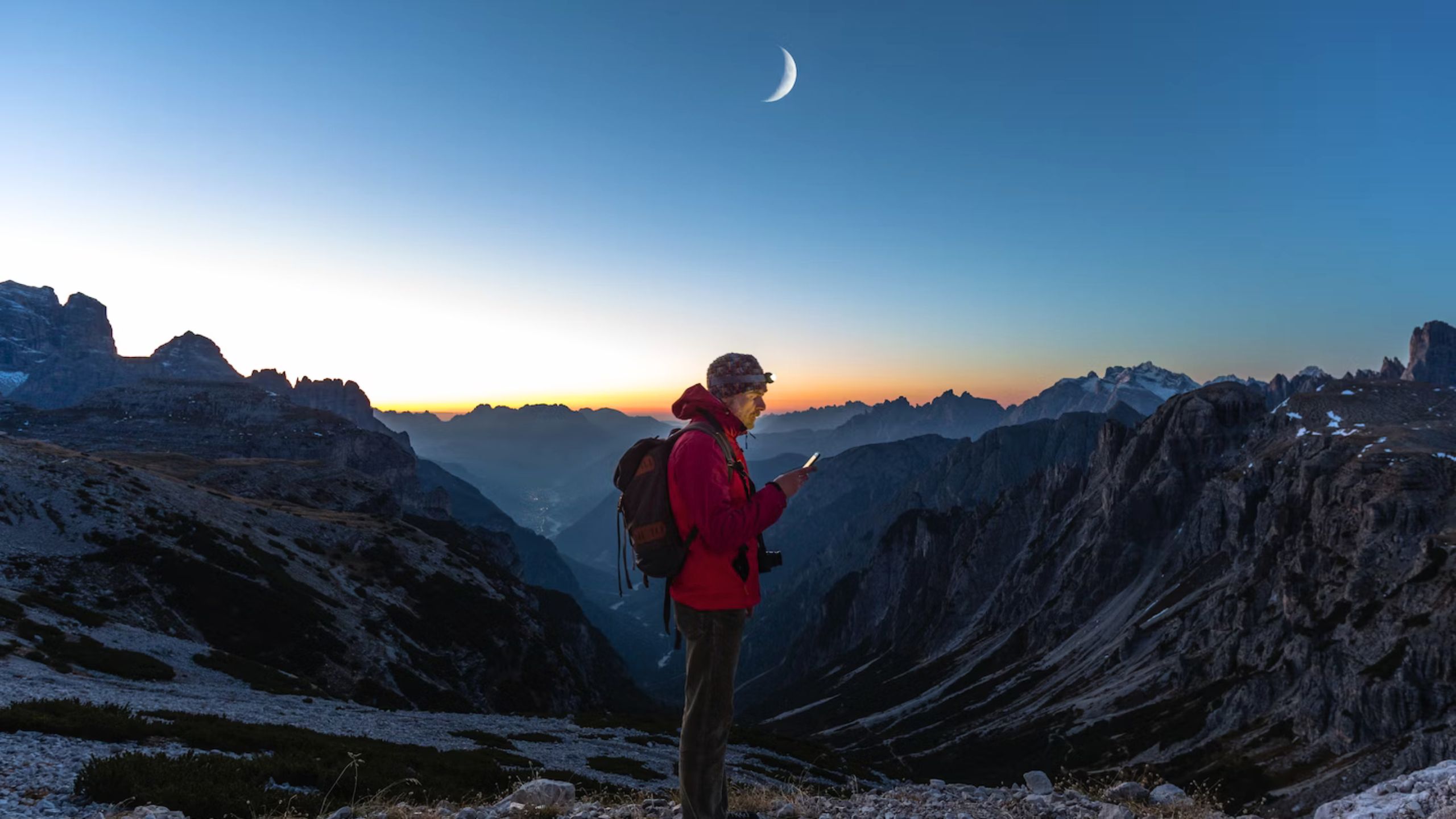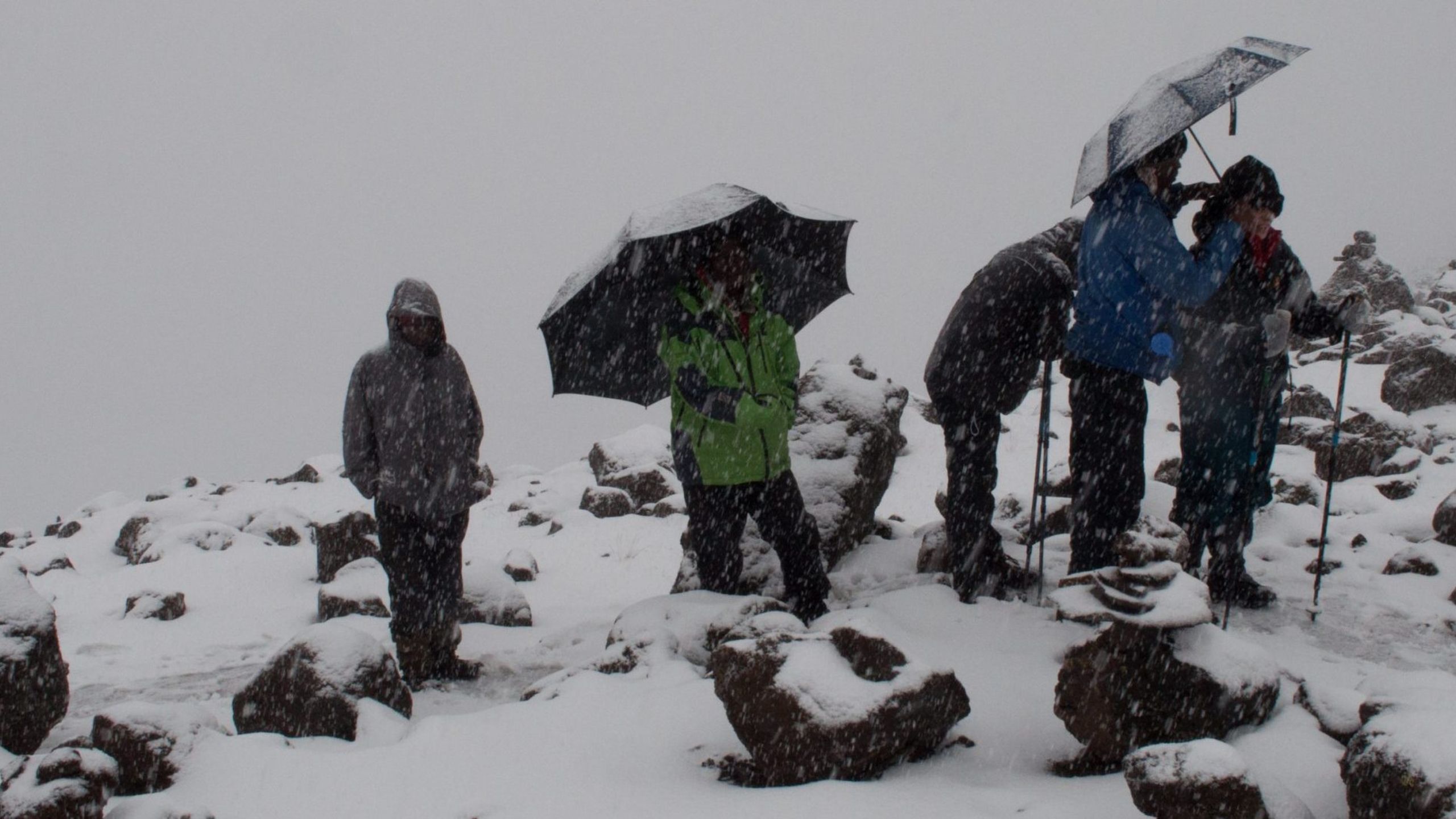The Price of an African safari can vary greatly depending on several factors, including the destination, duration of the safari, level of luxury, time of year, activities included, and the safari operator. Safaris can range from budget-friendly options to luxurious and exclusive experiences.
It’s important to note that the following information provides a general overview, and actual prices may vary. Here is a breakdown of the cost factors to consider when planning an African safari:
Destination:
The country or countries you choose to visit will have a significant impact on the cost of your safari. Some popular safari destinations in Africa include Tanzania, Kenya, South Africa, Botswana, Namibia, and Zimbabwe. Each destination offers unique wildlife experiences and varying levels of infrastructure and amenities, which can influence pricing.
For example, safaris in Tanzania and Kenya tend to be more affordable compared to the high-end experiences available in Botswana.
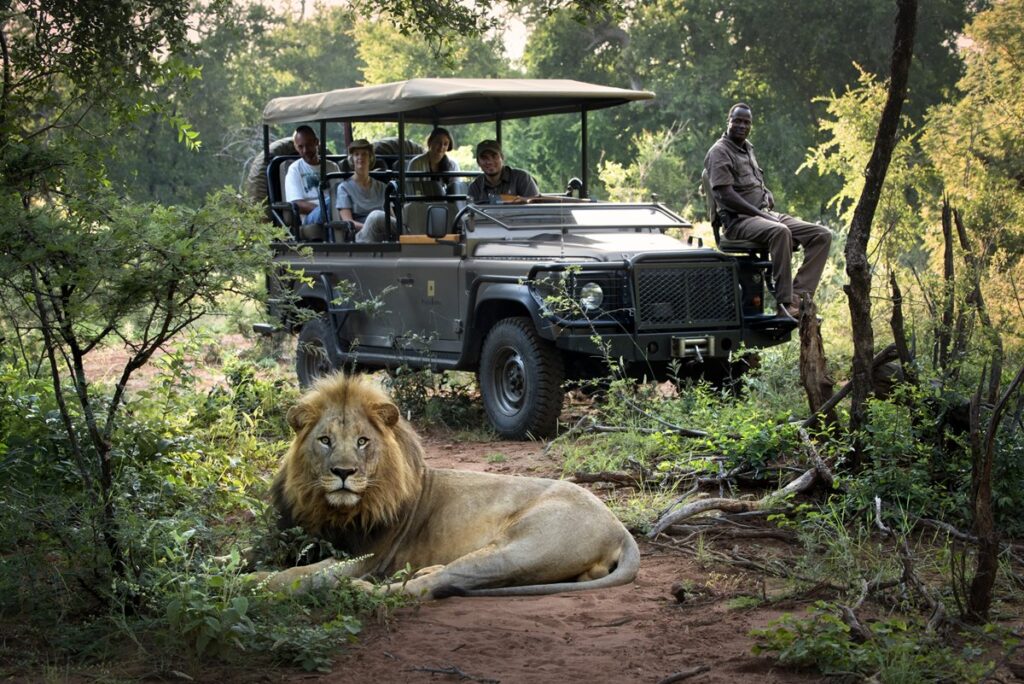
Duration of the Safari:
The length of your safari plays a role in determining the cost. Safaris can range from a few days to several weeks, with longer trips generally costing more due to additional accommodation, meals, and park fees. It’s important to find a balance between the time you have available and your budget.
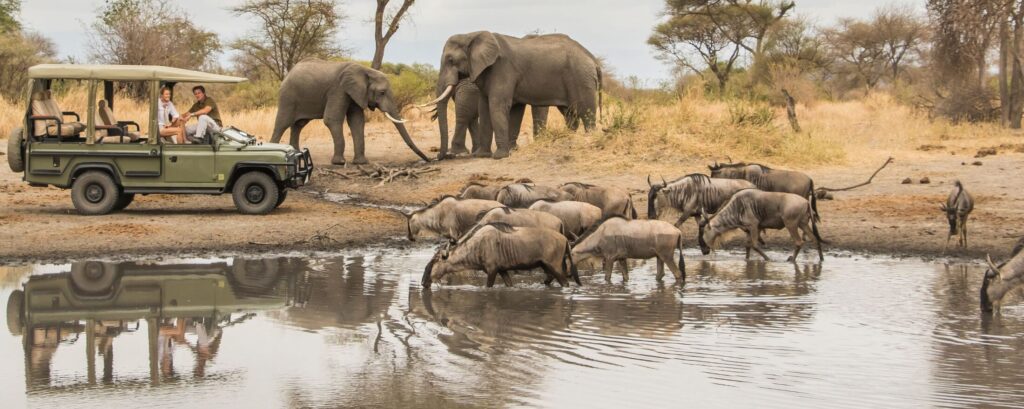
Level of Luxury:
The level of luxury you desire will also impact the cost. Safari accommodations can range from basic tented camps to high-end luxury lodges and private reserves. Luxury options often provide exclusive amenities, personalized service, gourmet meals, and lavish accommodations, which come at a higher price. The more luxurious the accommodation, the higher the cost.
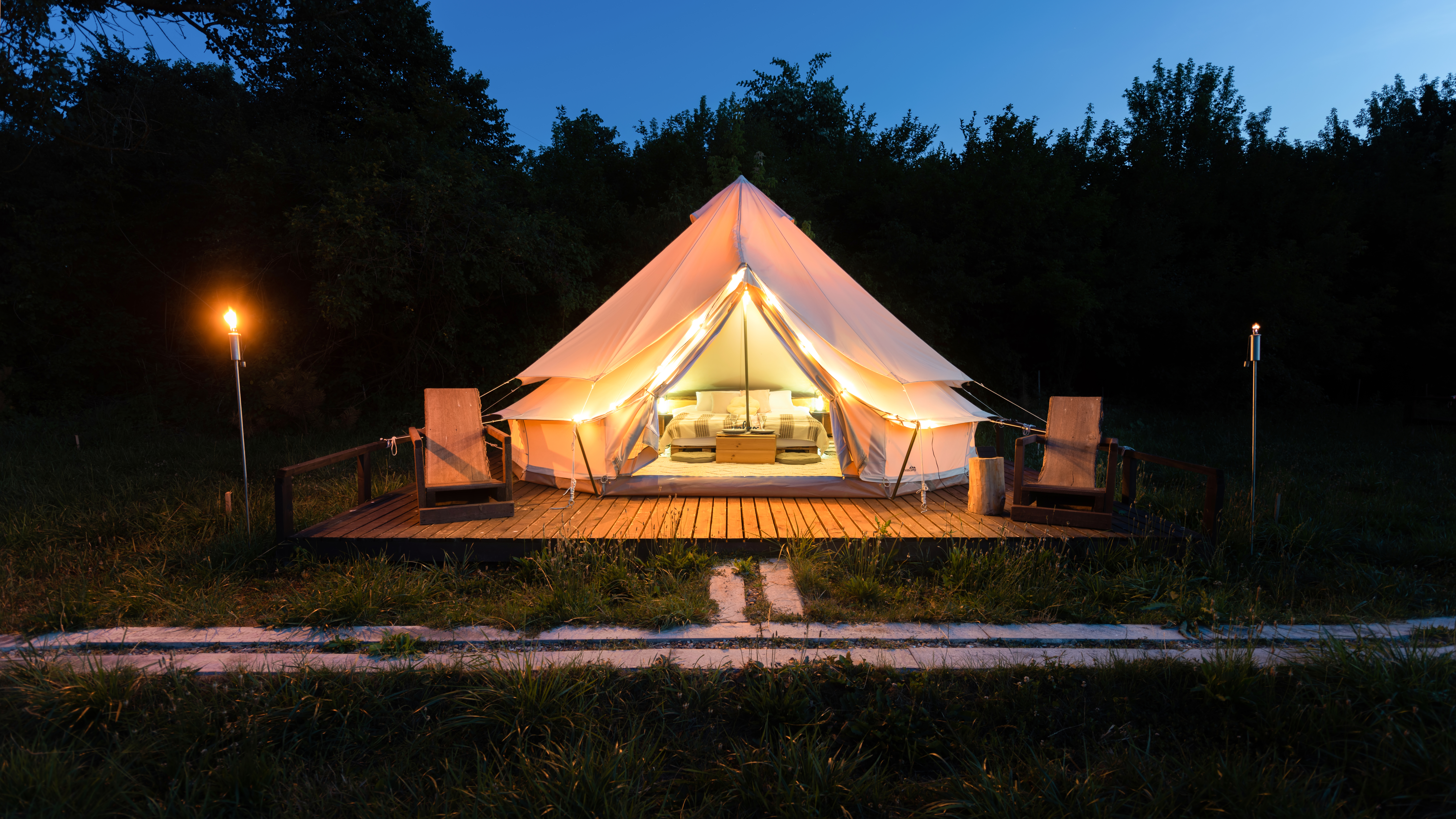
Time of Year:
The time of year you choose to visit can affect the cost of your safari. Peak season, which generally corresponds with dry seasons and optimal wildlife viewing, tends to be more expensive compared to low or shoulder seasons when prices may be lower. However, it’s important to consider that peak season offers better game viewing opportunities and the possibility of witnessing events such as the Great Migration. If you are flexible with your travel dates, you may be able to find more affordable options during the low or shoulder seasons.

Activities Included:
The activities you choose to participate in during your safari can impact the cost. Game drives, guided walks, hot air balloon safaris, boat cruises, and cultural visits are some examples of activities that may incur additional fees. It’s important to consider which activities are essential to your safari experience and budget accordingly.
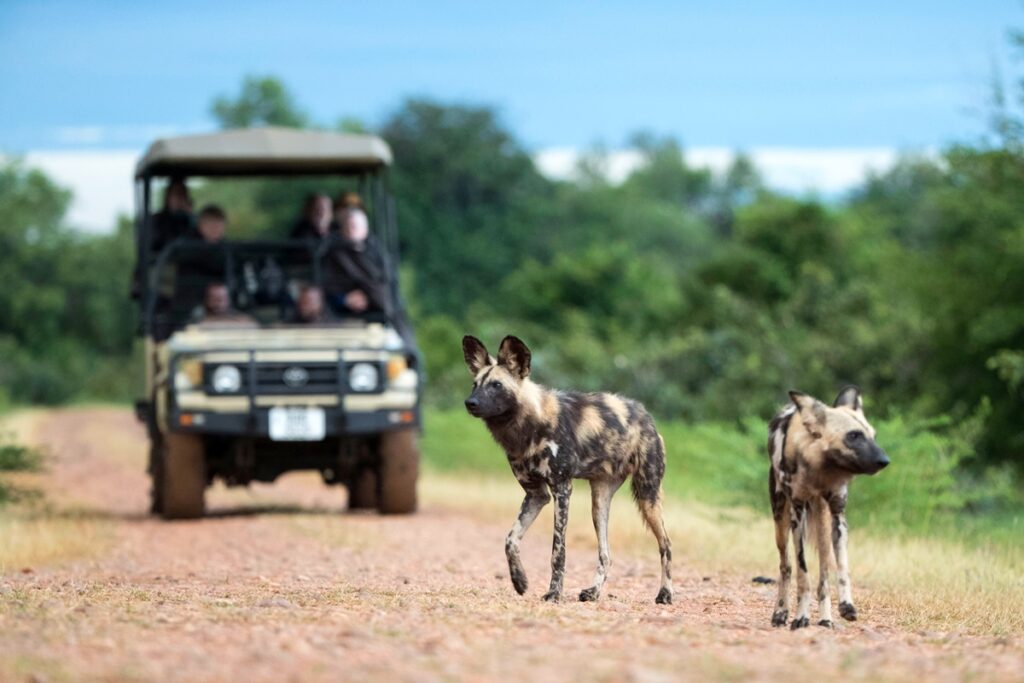
Safari Operator:
The safari operator you choose can have a significant impact on the overall cost. Different operators offer varying levels of service, expertise, and quality of accommodations. It’s advisable to research and compare operators to find one that meets your requirements and budget. Keep in mind that reputable operators may charge higher prices due to their experience, expertise, and commitment to conservation and responsible tourism.
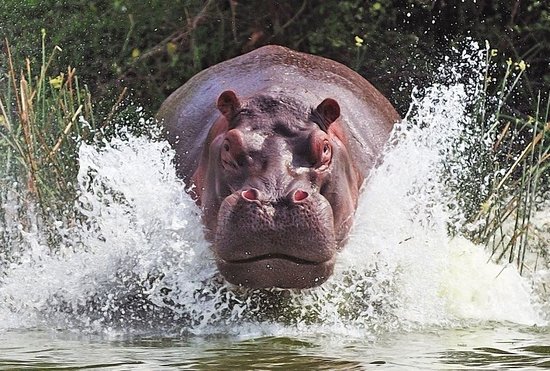
To give you a general idea of the cost range, a budget safari in East Africa can start from around $150 to $250 per person per day. This generally includes basic accommodations, meals, park fees, and game drives. Mid-range safaris typically range from $250 to $500 per person per day and may offer more comfortable accommodations and additional amenities. Luxury safaris can start from $500 per person per day and go up to several thousand dollars, depending on the level of exclusivity and luxury. These luxury options often include high-end accommodations, private game drives, gourmet meals, and personalized service.
It’s important to note that the prices mentioned above usually include accommodation, meals, park fees, and game drives, but may not include international flights, visa fees, travel insurance, gratuities, and additional activities. These additional costs should be factored into your overall budget.
It’s recommended to work with a reputable safari operator or travel agent who can provide detailed pricing information based on your specific preferences and requirements. They can tailor the safari to your budget and help you find the best value for your money while ensuring a memorable and enjoyable experience.
Remember that the cost of an African safari is an investment in a once-in-a-lifetime experience, and it’s essential to balance your budget with your expectations and the quality of the safari you desire. It’s also worth noting that conservation and community fees are often included in the cost of a safari, contributing to the preservation of wildlife and local communities.
When planning your safari, be sure to communicate your budget and expectations clearly to your safari operator, as they can provide options and recommendations that align with your financial considerations. Additionally, booking well in advance and being flexible with your travel dates can sometimes result in better deals and lower prices.
Ultimately, the cost of an African safari can vary significantly depending on the factors mentioned above. By researching, comparing options, and working with experienced professionals, you can find a safari experience that fits your budget while providing an unforgettable adventure in the captivating wilderness of Africa.
